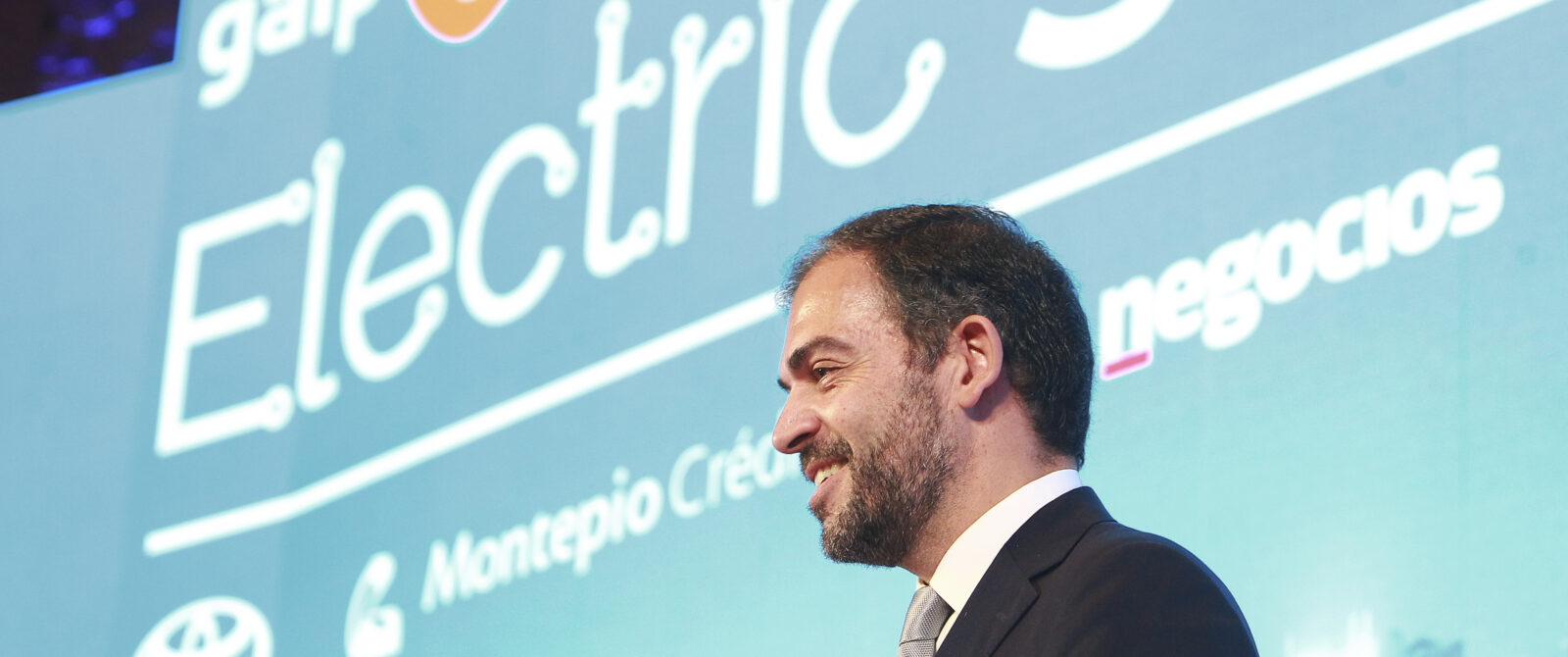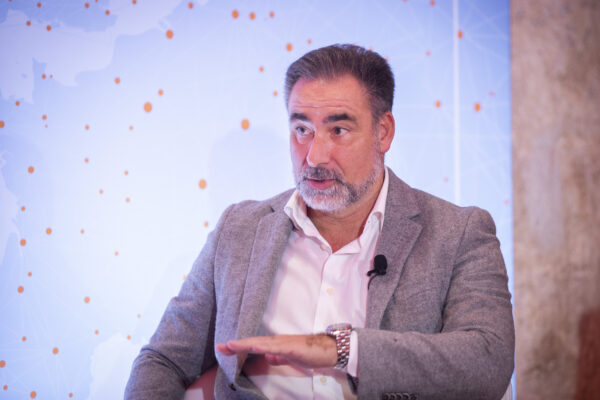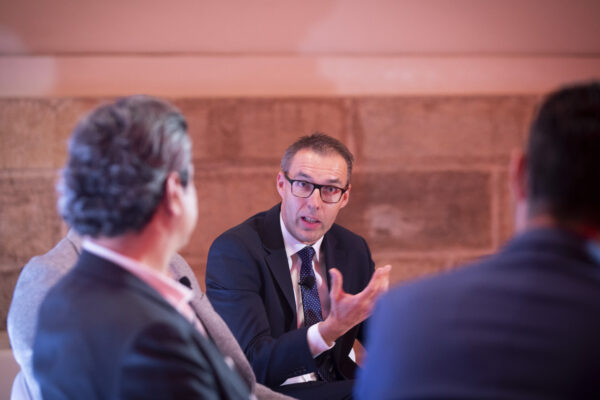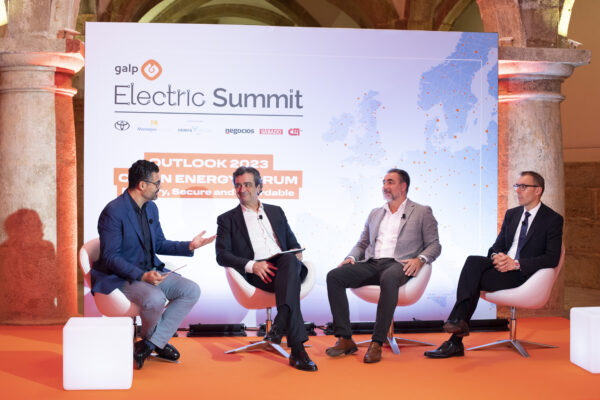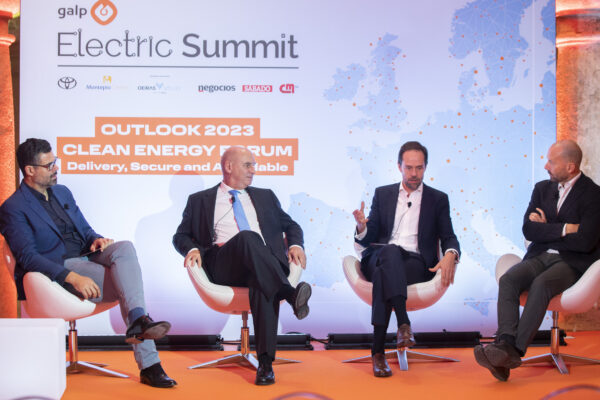“The country is committed to energy transition”
Portugal could take pole position with the energy transition currently being implemented around the world. It has sun, sea, wind, a deepwater port in Sines, and is committed to leveraging all these opportunities via a range of nationwide structural projects.
Focusing on green hydrogen and enhancing the value of Sines as a transshipment port, as well as continued investment in solar and wind power, are just some of the goals which could place Portugal not only at the forefront of energy transition but also in pole position in Europe and even internationally. Speaking on 8th June in Lisbon at the ‘Portugal Energy Conference’ (an initiative organised by Negócios, Sábado and CMTV for the purpose of putting the future of energy at the top of the agenda), Duarte Cordeiro, the minister for the Environment and Climate Action, said “Let there be no doubt that the country is committed to energy transition. We have added the new markets and new innovative energy models into our legislation, and have also sought to develop plans and strategies aimed at driving this new energy paradigm.”
The minister believes that the positive effects of renewables are not just limited to the environmental and energy aspects. He went on to say that “energy transition is central to economic growth, because increased investment encourages the creation of more and better jobs”. As well as this, it provides an opportunity to work on social equity, insofar as “energy transition also has to be a fair transition, which includes people and the social dimension.”
Portugal was the first country in the world to commit to carbon neutrality by 2050 and has an above-average share of renewable energies in Europe and this is growing every year. It has therefore put in place various different strategies, such as the National Energy and Climate Plan 2030 and the National Hydrogen Strategy, as well as several nationwide projects for restructuring. “When we talk about energy transition in Portugal we’re talking about structural projects.”
One of these is an offshore wind auction which the Government aims to arrange this year so that bidding can open next year. According to Duarte Cordeiro “It’s a complex, demanding and ambitious process. Our aim is to hold an auction on an unprecedented scale, trying to surpass some of the figures: 6 to 8 gigawatts. We want to exceed our own goals. By holding such an ambitious auction, we also want to meet our economy’s future electrification needs and supply the high demand for green electricity, with many projects, namely a very significant range of projects which we want to implement at Sines, relating to renewable gas production.”
Sines is therefore Portugal’s focal point. This deepwater port represents “an opportunity to position Portugal as a major European and international player in the area of hydrogen. If we want to accelerate energy transition and decarbonise the economy in the coming decade, Portugal has to focus on the production and incorporation of increasing amounts of renewable gases, such as green hydrogen.” The port of Sines is going to be crucial to hydrogen production in Europe. The country therefore requires infrastructures and interconnections with the rest of the continent. Sines also has the potential to assure the transshipment of energy to northern Europe, and thus to help these countries to overcome their reliance on Russia. The Environment Minister added “We believe that with our current infrastructures and with some investments, the deepwater port of Sines could also gain importance in today’s scenario of building alternatives to Russian gas supplies.”
He also used the conference to speak of a cluster comprising several projects at different stages of development, in the areas of hydrogen and also biomethane and renewable gases, which could be a decisive factor in decarbonising various different sectors of the economy as alternatives to fossil fuels. He stated “We have around 715 million euros in the next 5 years to invest in these areas.”
Solar power is also key, with the government wanting to extend several initiatives. These include auctions for the installation of electroproduction plants with network injection capability, as well as investing in innovation such as floating solar solutions, and promoting decentralised energy production to serve communities under a system of self-consumption.
Duarte Cordeiro concluded his speech by saying that “we have to grab the opportunity we have in terms of our natural resources, and not regard these crises as an excuse to slide backwards. On the contrary, we must keep facing forward as we tread this path, making sure to leave no one behind.”


